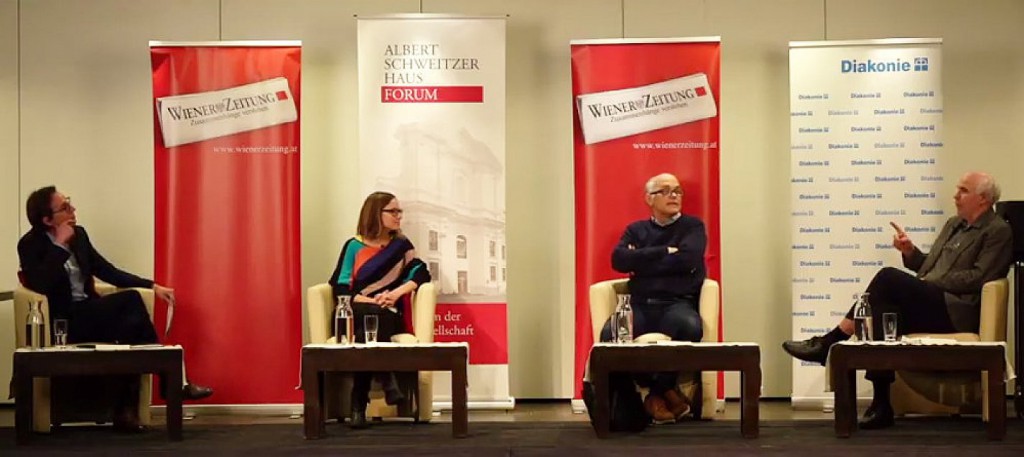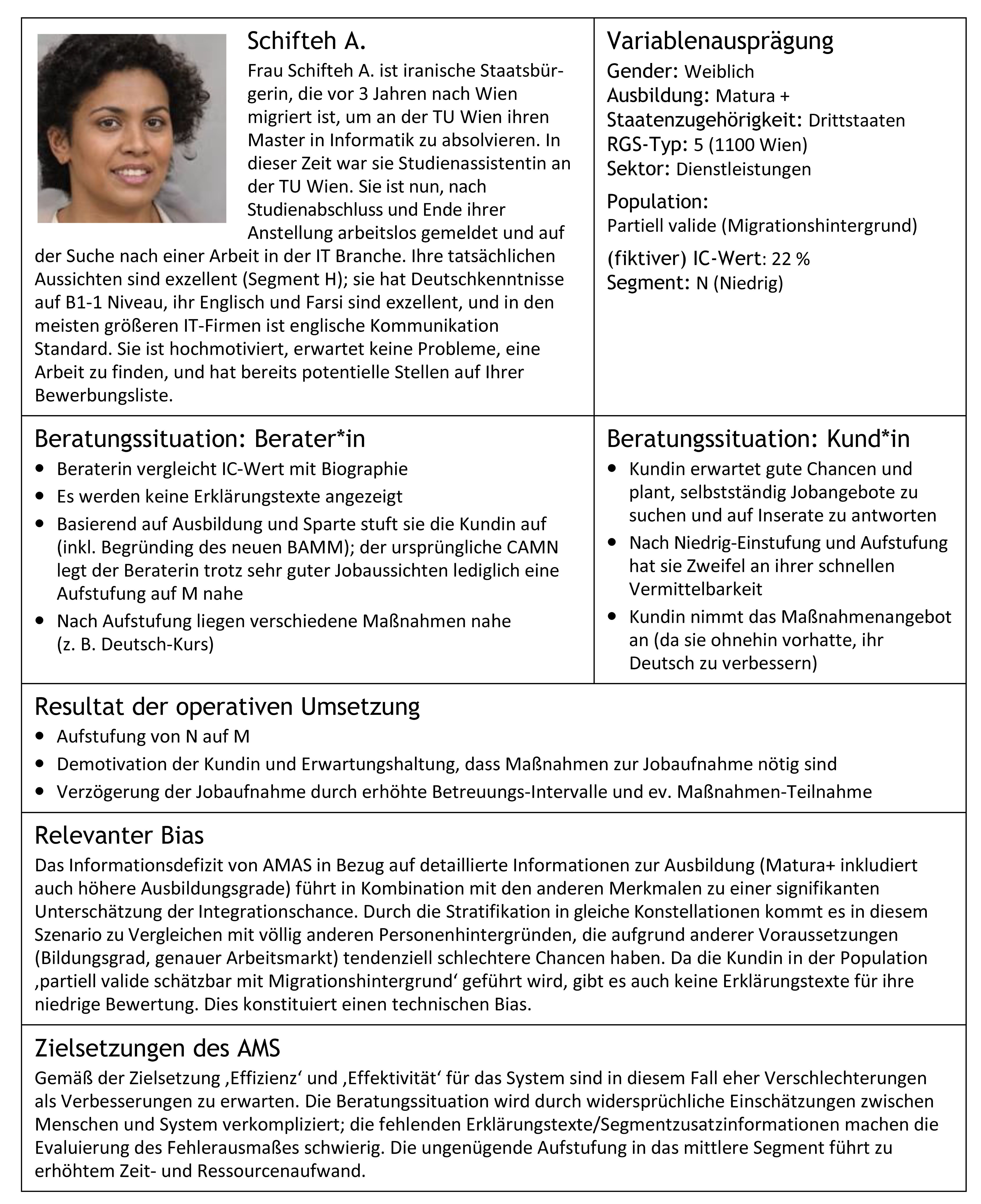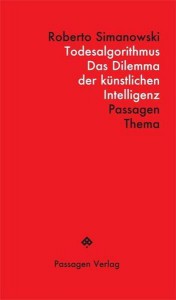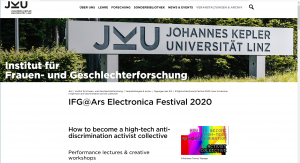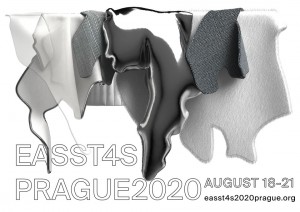In Austria, we’re diving through the “4th Corona wave” right now including a hard lockdown. Yet again, I’m sitting in my home (office) with the kids on my lap in case more than two school kids get infected in the same class. The responsibility has been fully shifted onto teachers, parents, and their kids by now. Politics has given up on the Covid-management of schools, as it seems. In the middle of this chaos, I’m enthusiastically thinking back to my (real!) trip to Lund two months ago. Olof Sundin and Alison Gerber invited me to give a keynote lecture at the interdisciplinary symposium In Search of Search (and its Engines). This workshop was a kind of gathering of pioneering search engine scholars that accompany me since my PhD (more than 15 years now). I finally met Elizabeth van Couvering, for example, whose work on the commercialization of Google and the creation of its business model based on the “traffic commodity” had a great impact on my PhD research. Also, Richard Rogers, Dirk Lewandowski, Jutta Haider, and other great scholars were there and it was FUN! (and not only because of the real food & drinks!) The best part is that we keep the lively debates about search engines, search engine research, and its academic & sociopolitical impact alive. We’re currently working on a special issue for Big Data & Society called The State of Google Critique and Intervention co-edited by Ov Cristian Norocel, Richard Rogers, and myself. We’re planning a workshop and a public event in Vienna (12 April 2022), which I love to organize in the middle of this 4th wave as a possibility to work towards a light at the end of the tunnel.. 😉 So stay tuned!
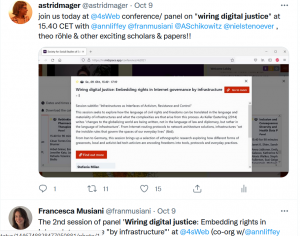 Moreover, almost as an exception to the rule, I attended a great 4S online session this year: Wiring digital justice: Embedding rights in Internet governance by infrastructure organized by Stefania Milan, Niels ten Oever, and Francesca Musiani. Despite the shitty online platform the conference was running on, the session organizers managed to trigger fruitful discussions by providing thoughtful comments after each of the presentations. My paper was titled “Encoding Freedom: Analysis of open search technology between German hacker ethics and Asian start-up culture” and triggered debates about Chinese tech development and the “metrics of freedom” that I’m still thinking about – now that I finally have time to analyze my rich empirical materials on open source communities and other alternative search projects.
Moreover, almost as an exception to the rule, I attended a great 4S online session this year: Wiring digital justice: Embedding rights in Internet governance by infrastructure organized by Stefania Milan, Niels ten Oever, and Francesca Musiani. Despite the shitty online platform the conference was running on, the session organizers managed to trigger fruitful discussions by providing thoughtful comments after each of the presentations. My paper was titled “Encoding Freedom: Analysis of open search technology between German hacker ethics and Asian start-up culture” and triggered debates about Chinese tech development and the “metrics of freedom” that I’m still thinking about – now that I finally have time to analyze my rich empirical materials on open source communities and other alternative search projects.


